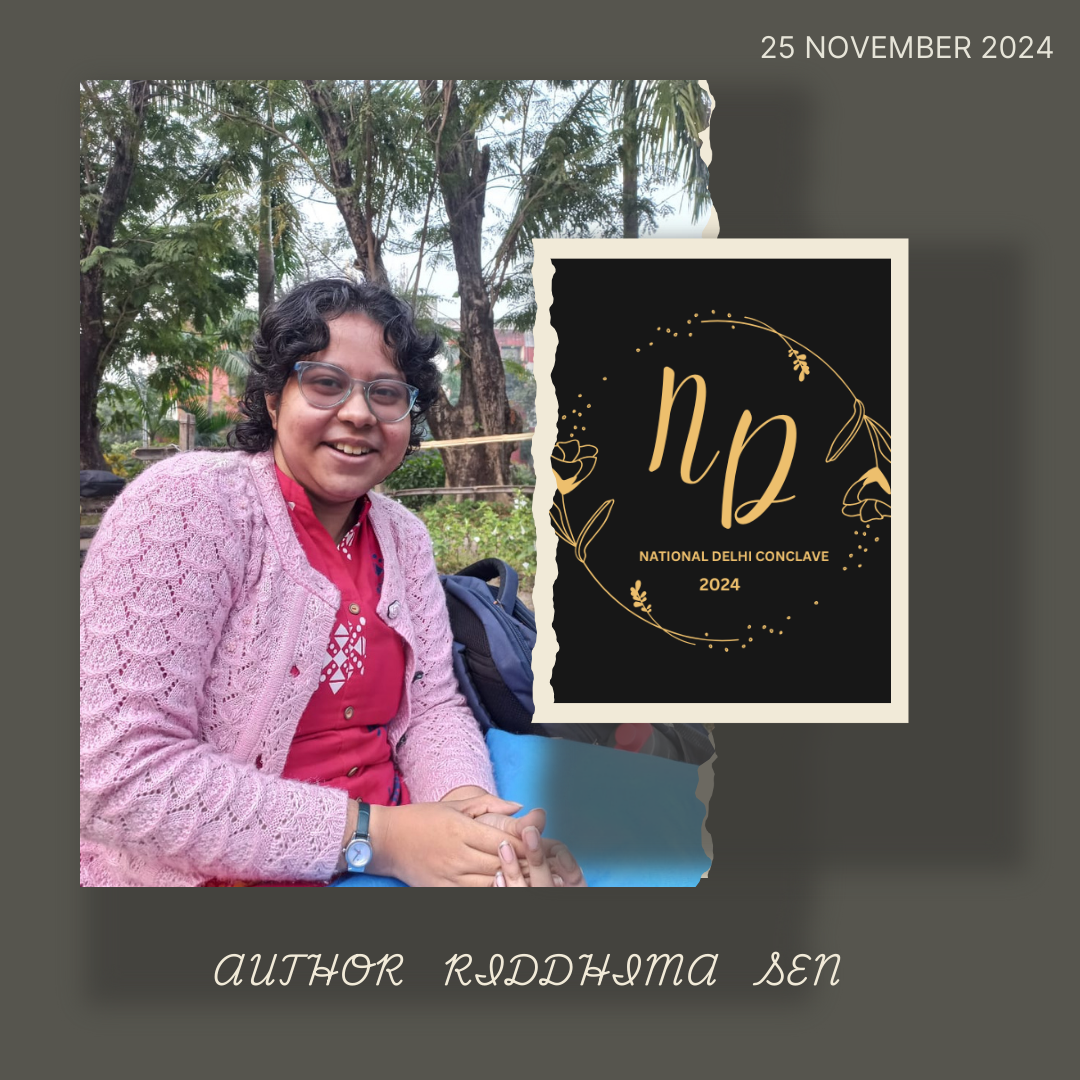"Festivals are the vibrant threads that weave the diverse fabric of Indian culture, connecting hearts, minds, and souls through shared values, wisdom, and energy."
Festivals are not just celebrations; they are powerful reflections of the rich ethos, emotions, and values ingrained in Indian culture. Each festival tells a unique story, representing various facets of life and philosophy that bind communities together. For instance, Ganesh Chaturthi is a time for seeking knowledge and wisdom, where devotees invoke Lord Ganesha's blessings for prosperity, success, and intellect. It reminds us that wisdom is the foundation for growth in all spheres of life.
Similarly, Durga Puja stands as a symbol of feminine power, representing strength, courage, and the victory of good over evil. Goddess Durga, in her many forms, exemplifies the embodiment of feminine energy, often seen as the ultimate protector and source of wisdom. Kali Puja shares a similar ideology, focusing on the fierce, transformative power of Goddess Kali, who destroys negativity and paves the way for renewal.
Festivals like Holi, on the other hand, emphasize community building, a central element in the Indian way of life. Holi celebrates the arrival of spring and the victory of good over evil but, more importantly, it fosters unity and strengthens relationships by encouraging people to come together in joyous celebration, forgetting barriers of caste, class, and color. It is a beautiful reminder that, at our core, we are all connected.
In a country as diverse as India, these festivals serve as powerful mediums for promoting unity, strengthening cultural identity, and celebrating the deep values that bind communities. They reinforce the idea that our differences are to be celebrated, and our shared experiences are what truly make us one. Through these celebrations, festivals act as a conduit to not only honor tradition but to promote social harmony, learning, and the collective strength of the community.



Comments
Post a Comment